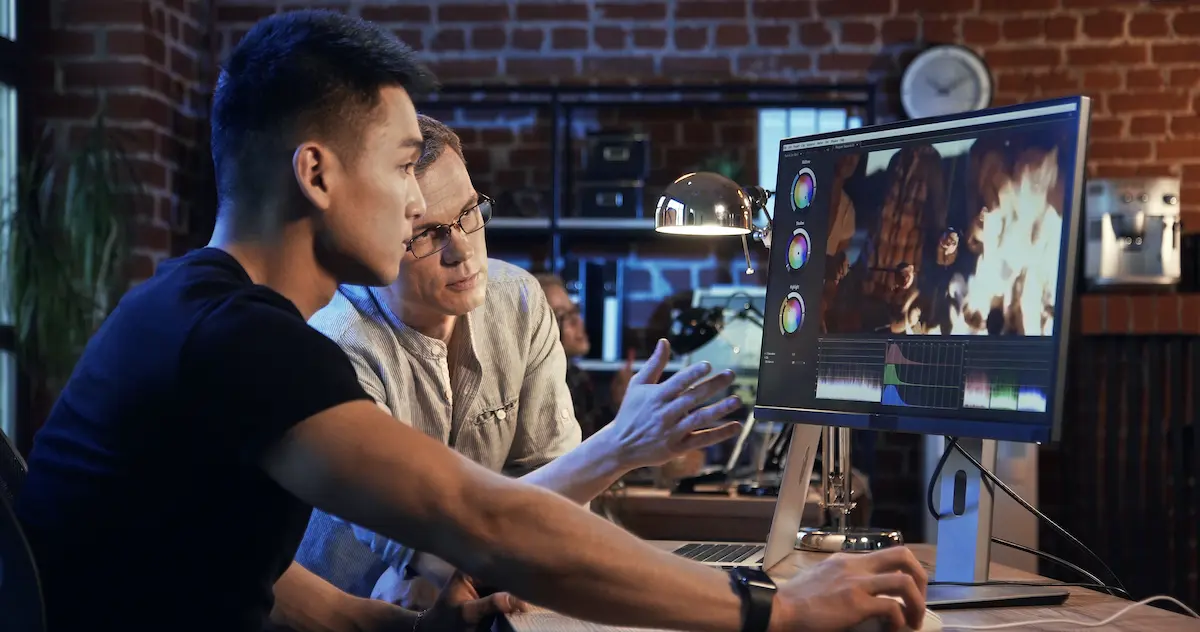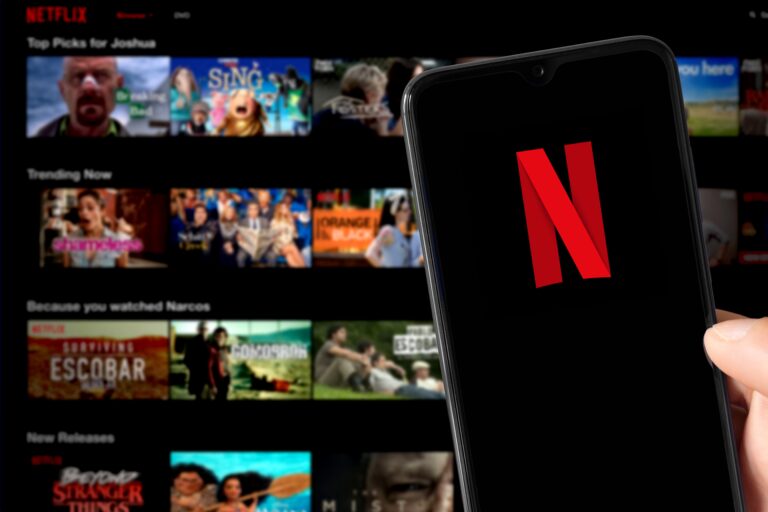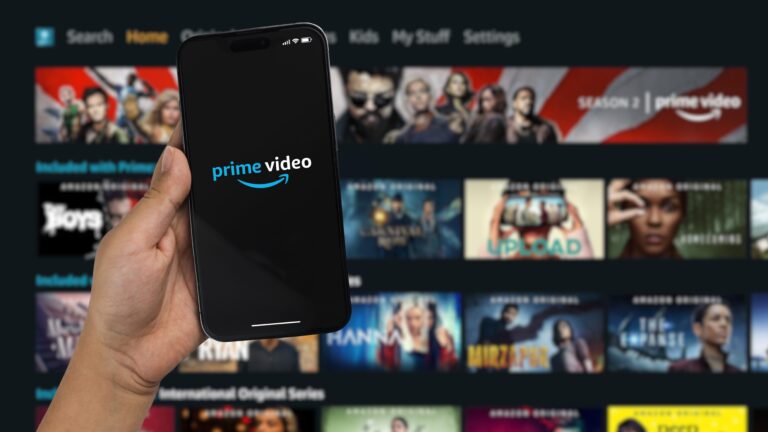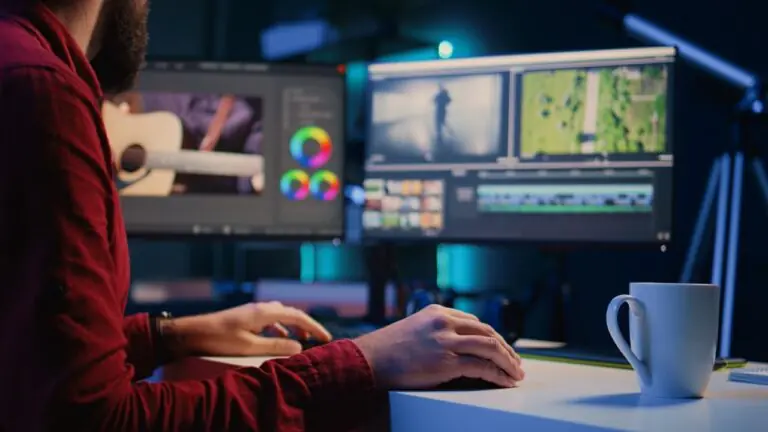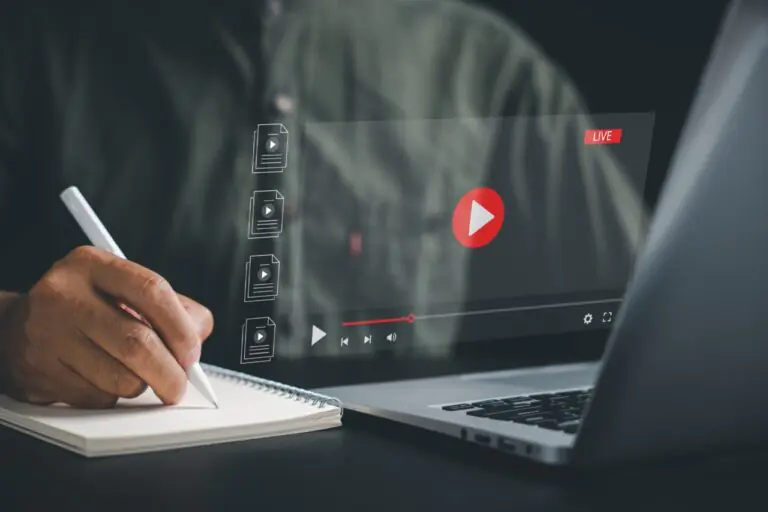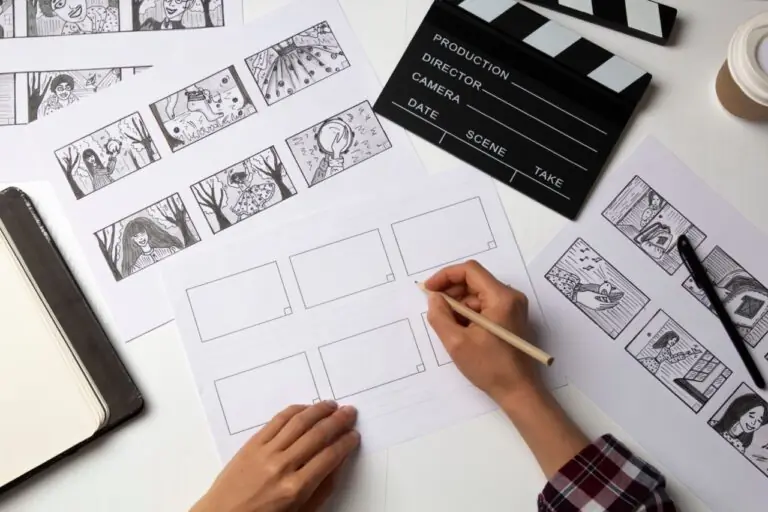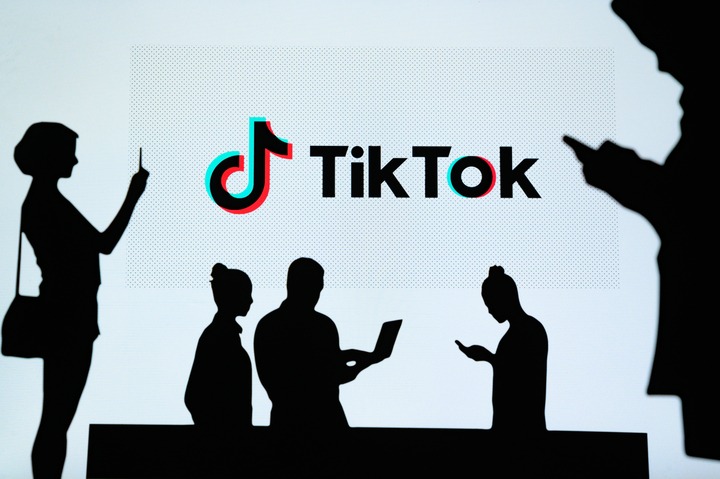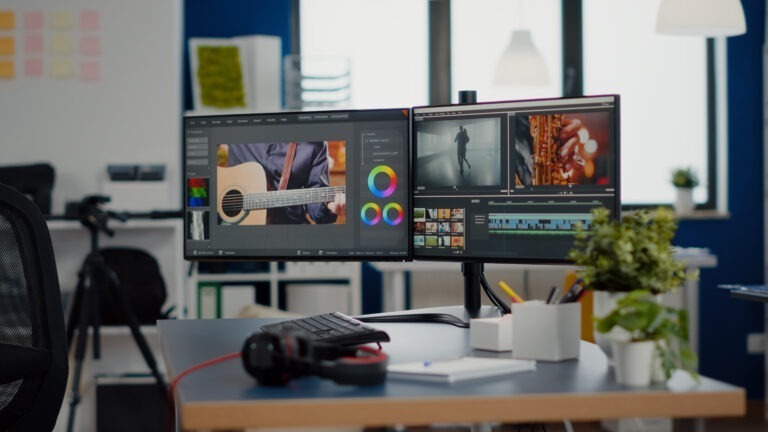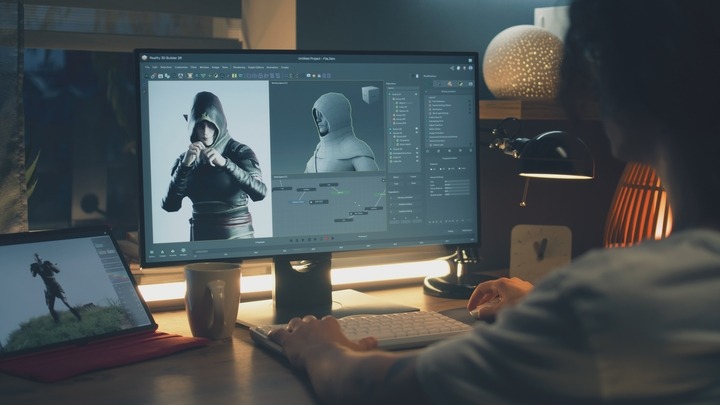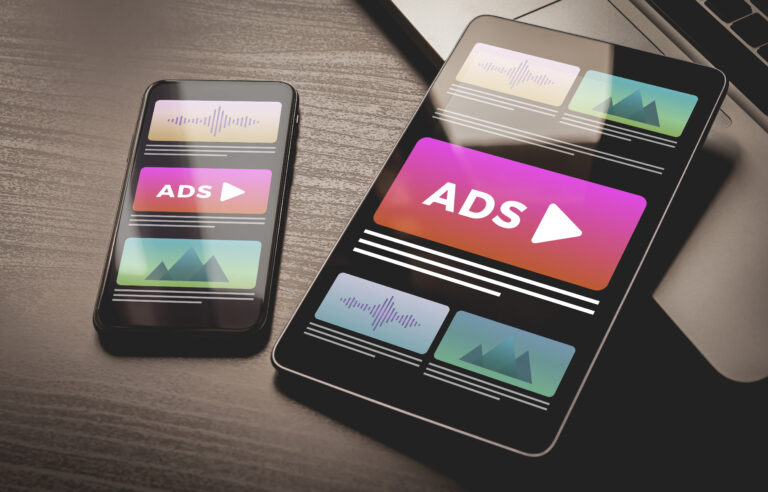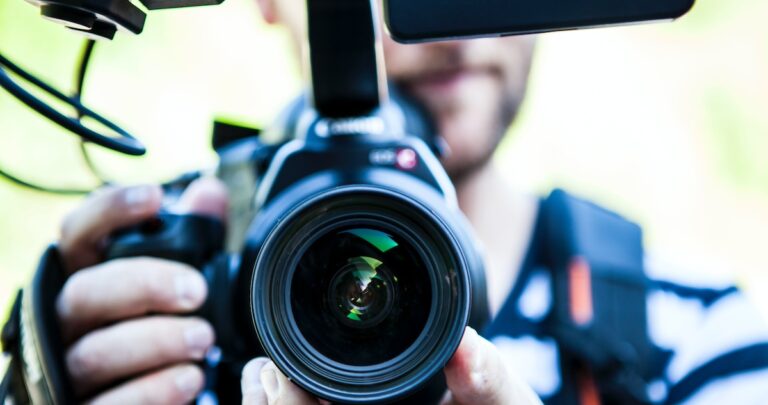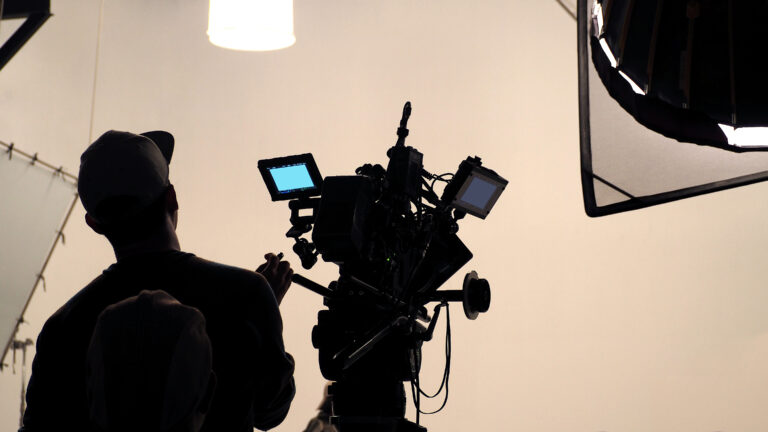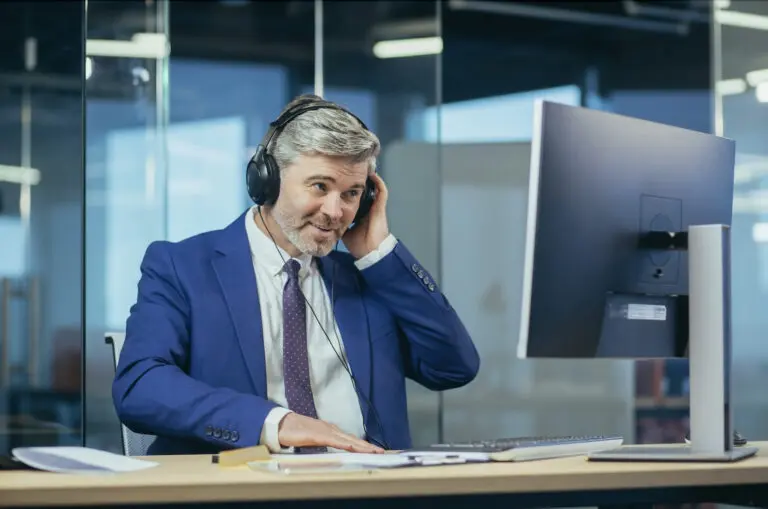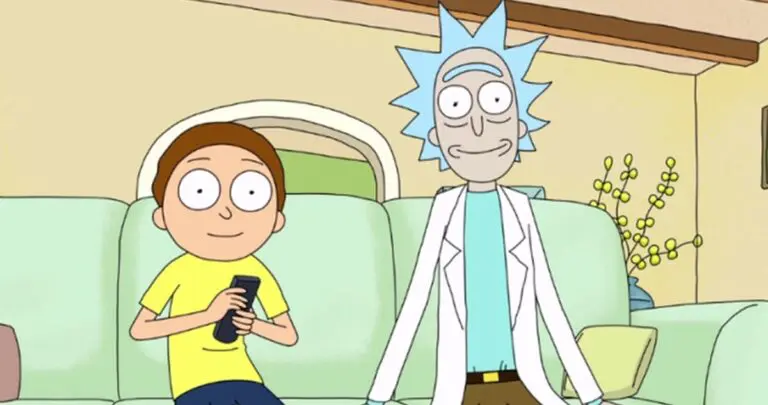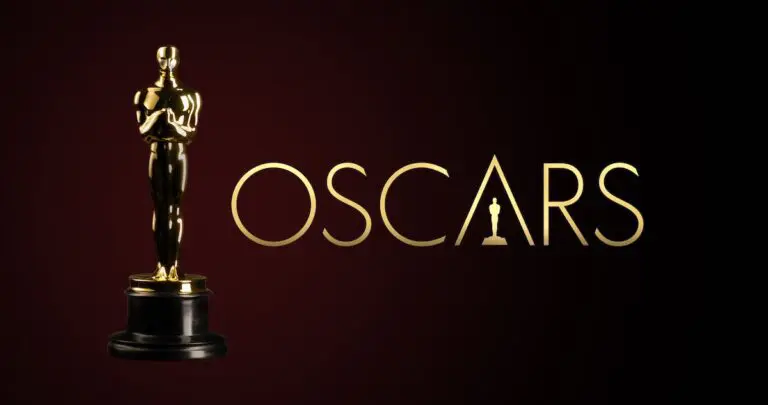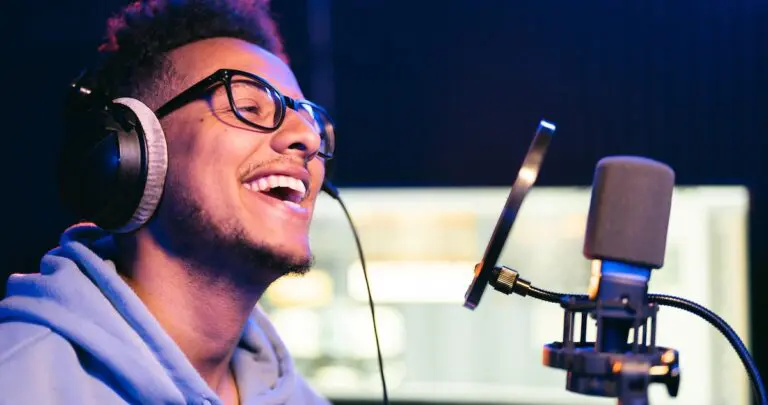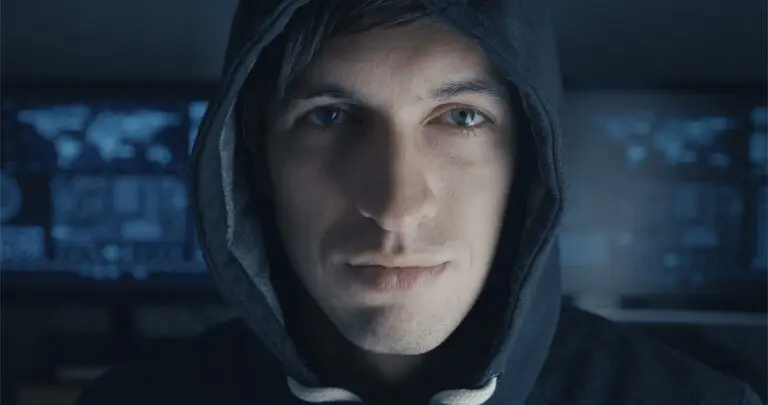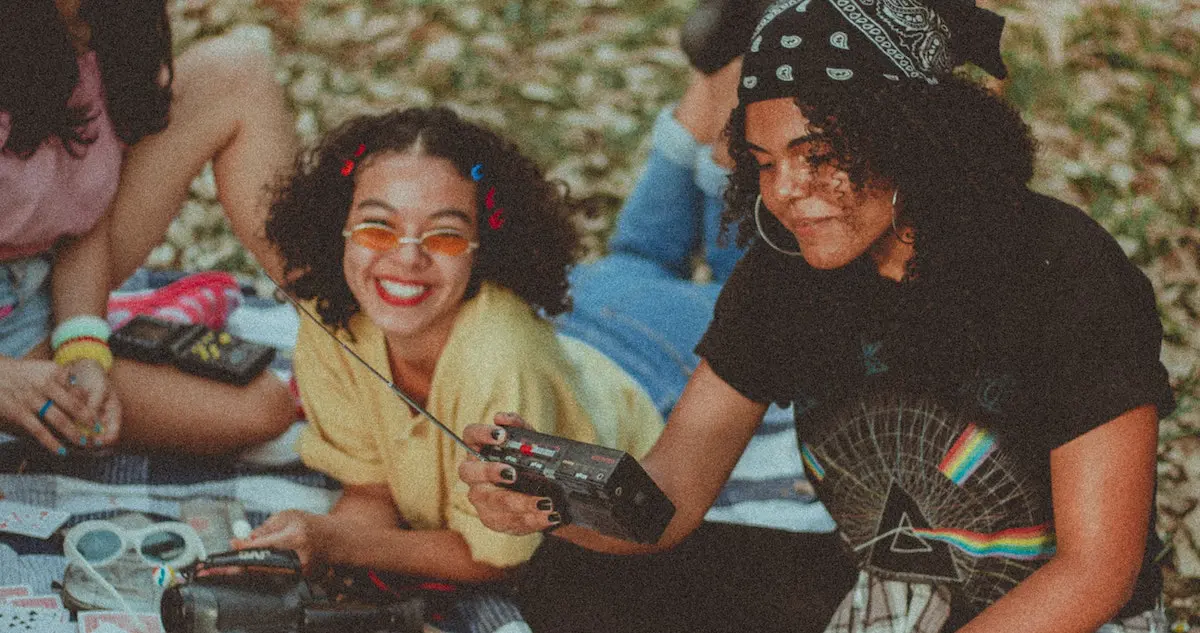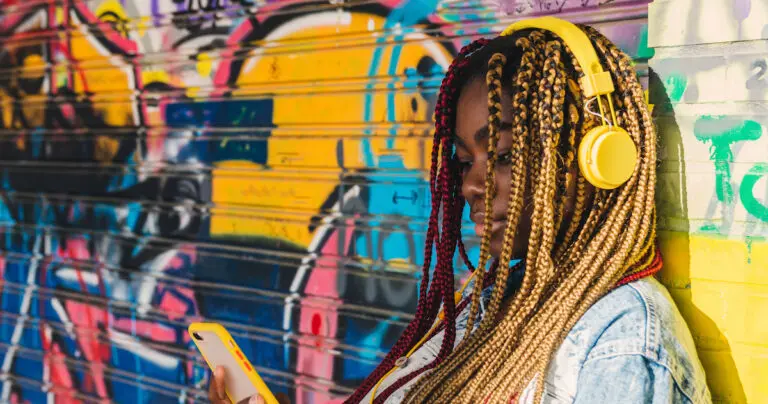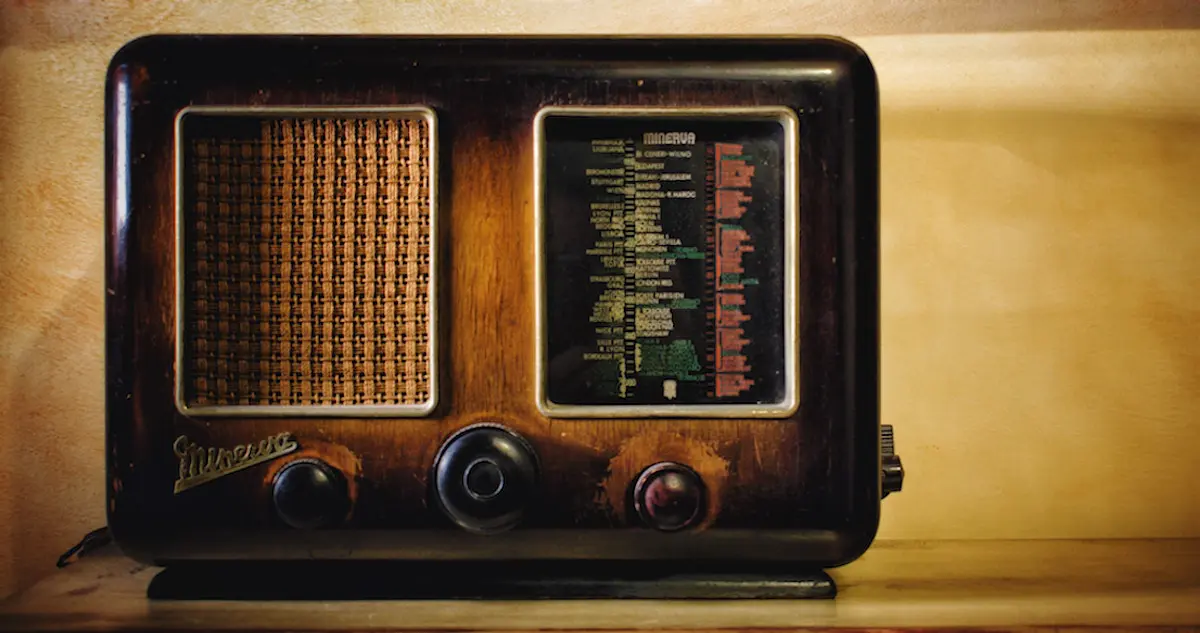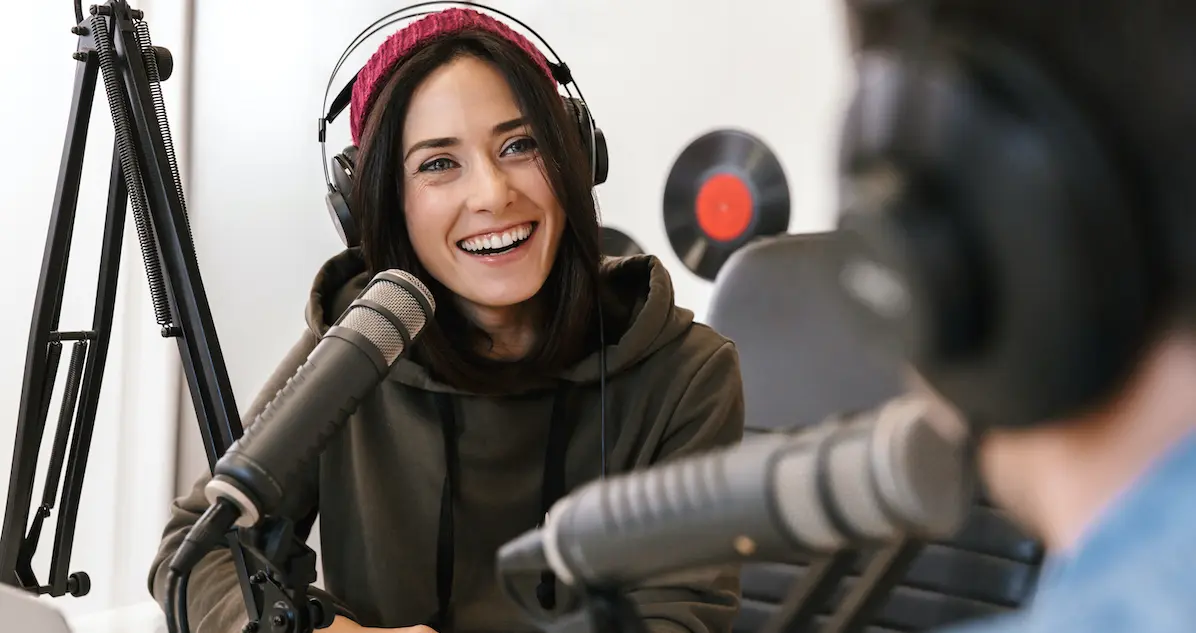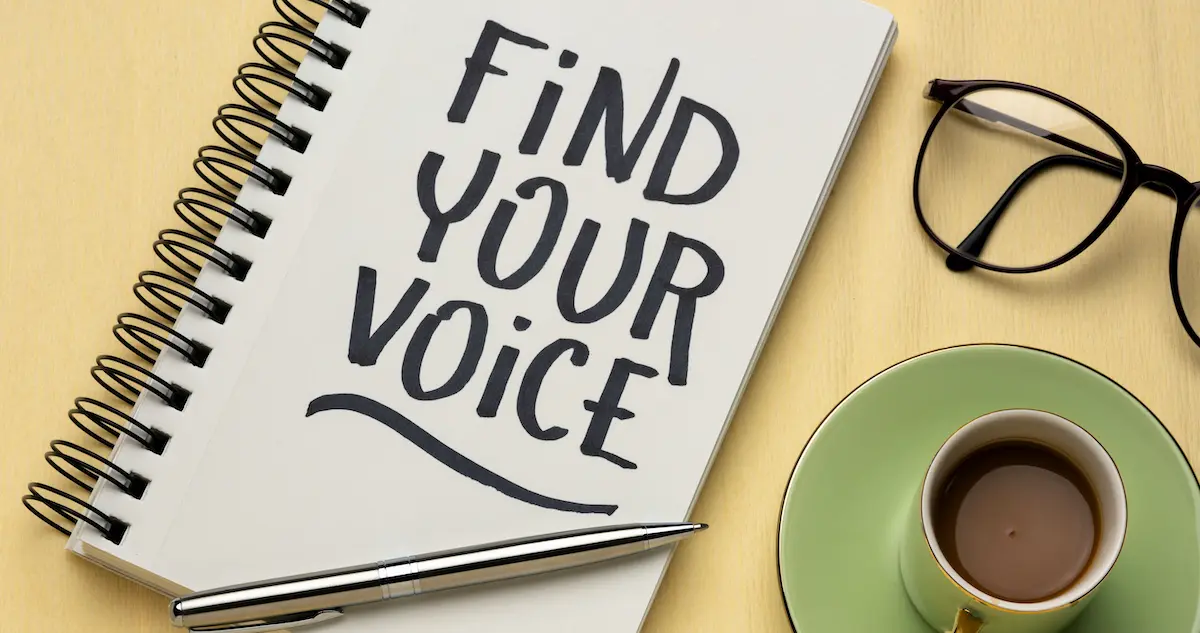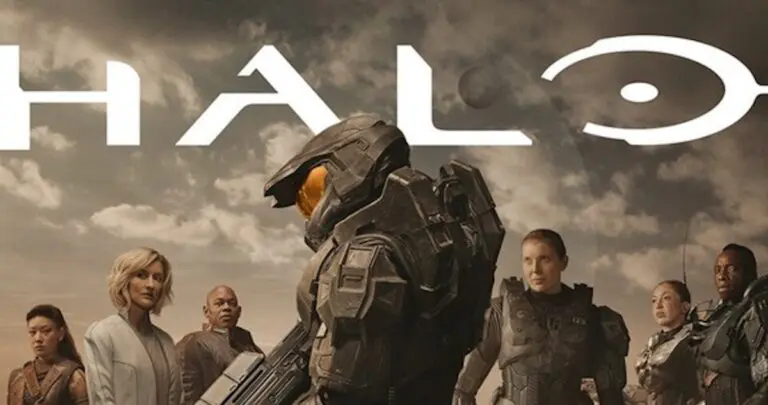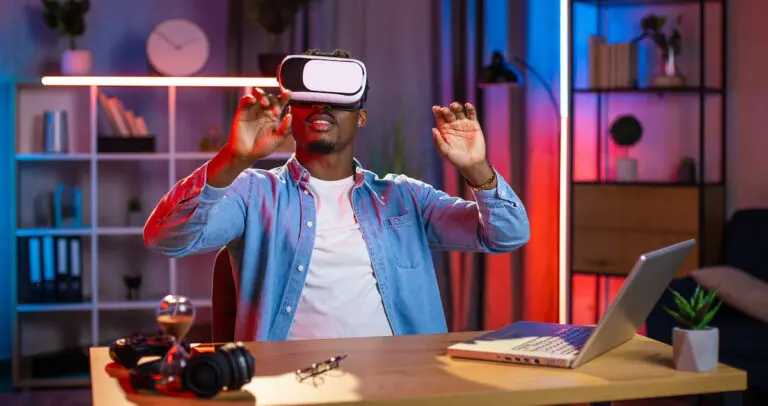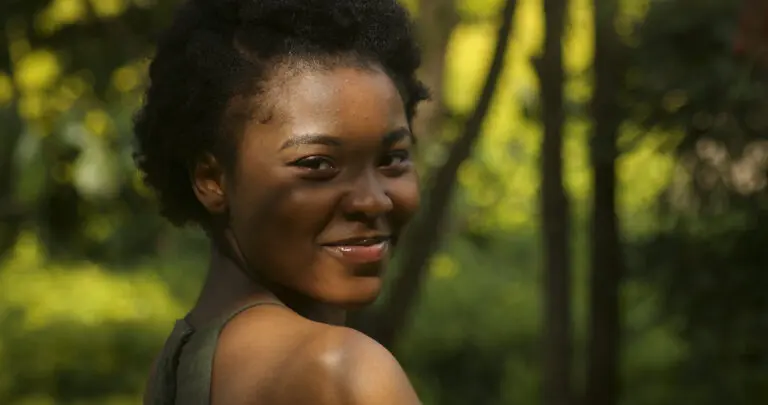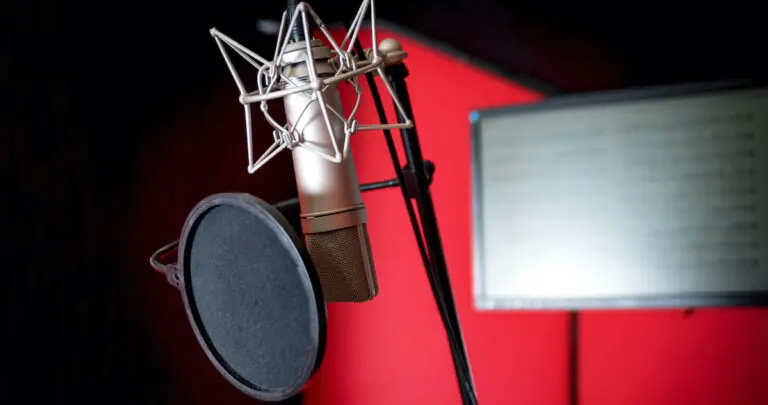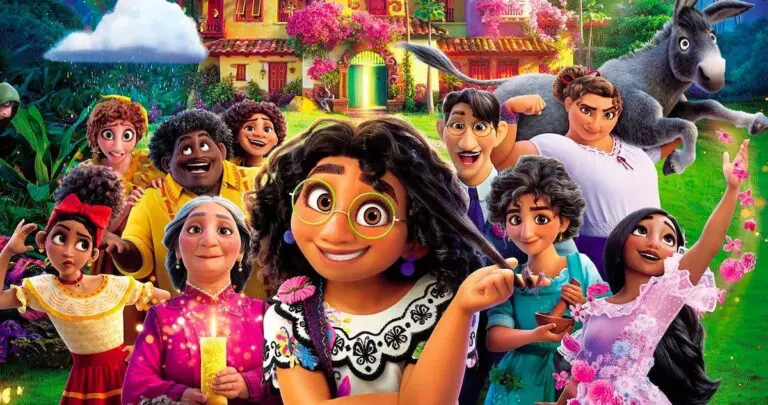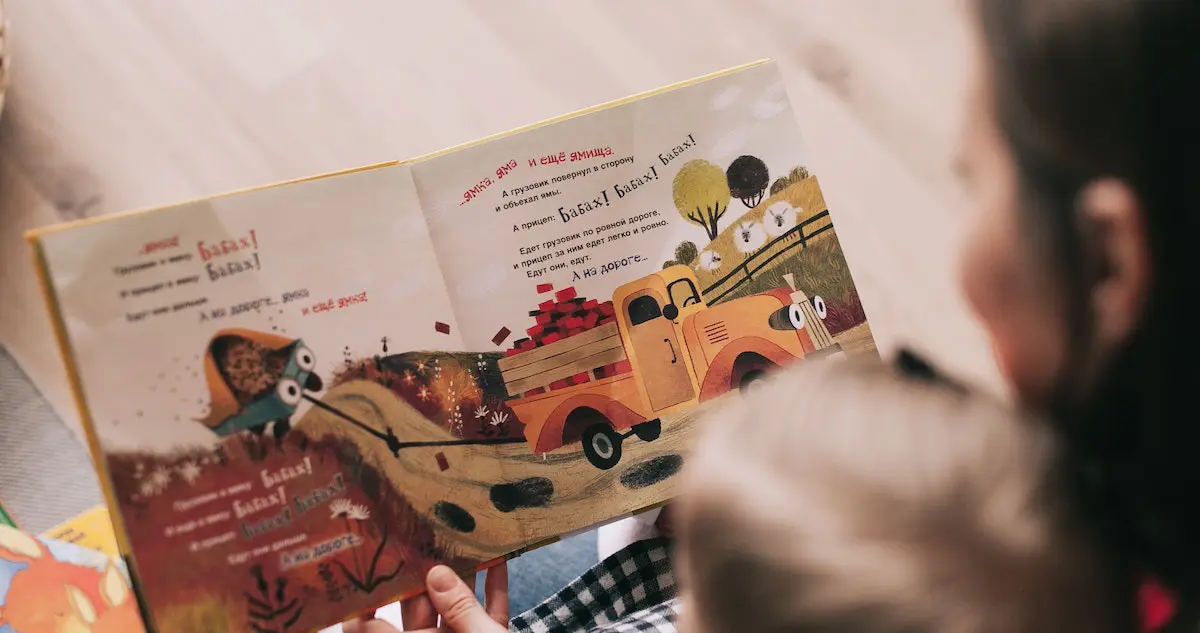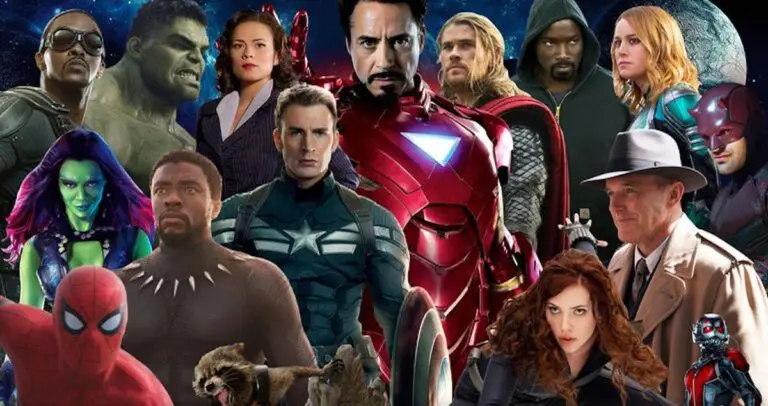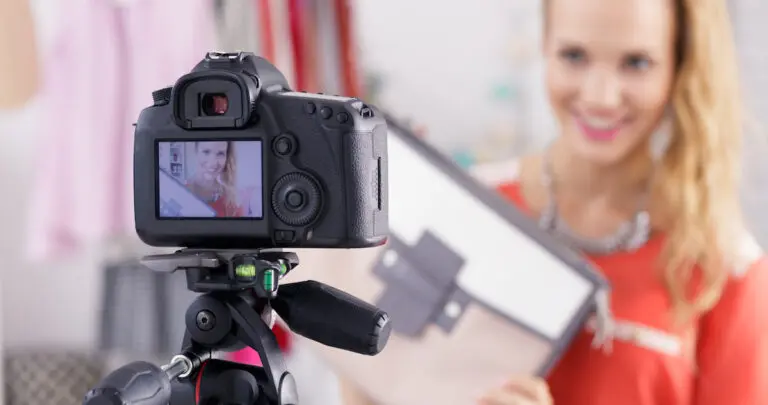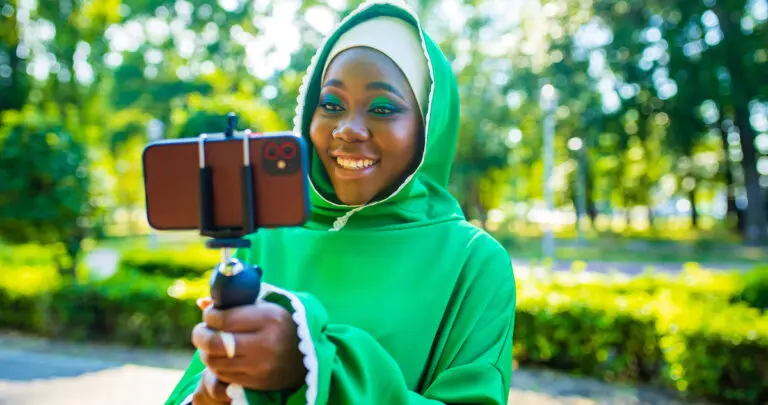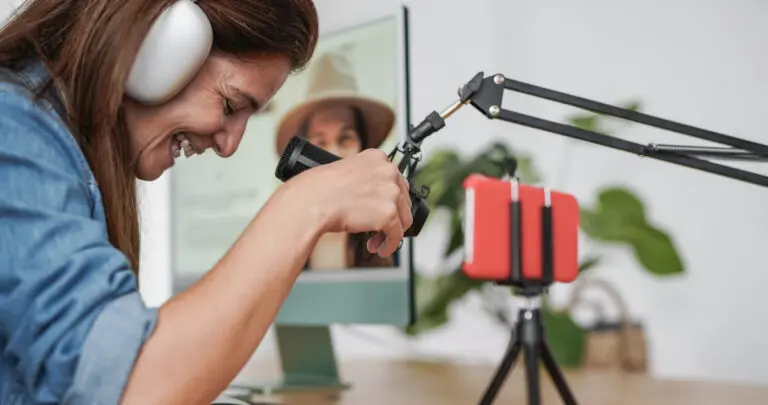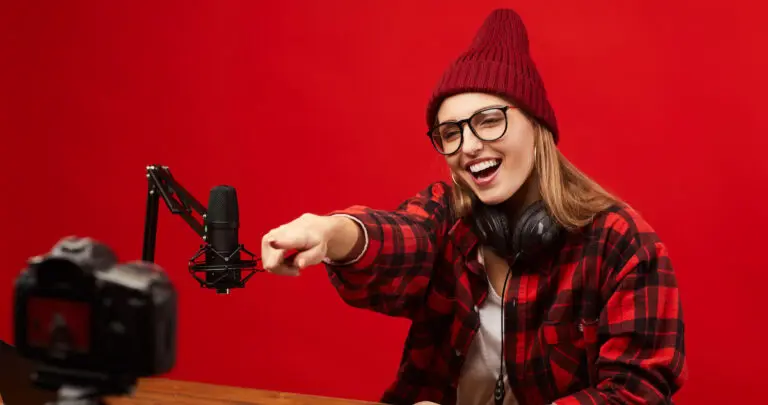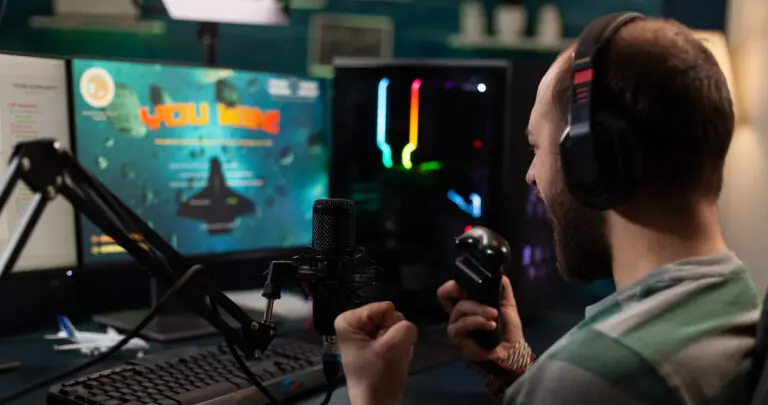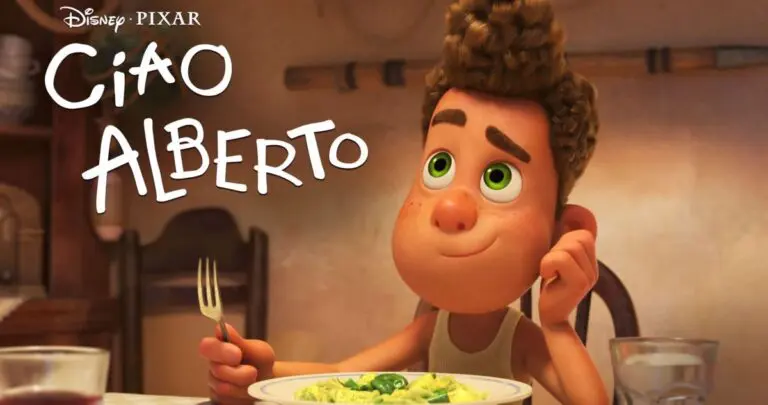Choosing the right documentary voice is a painstaking affair. Since, you’ve already put a lot of time, effort, and thought into creating the project, putting as much effort into choosing the right documentary voice makes perfect sense. And make no mistake: your voice of choice can make or break your documentary.
What do we mean?
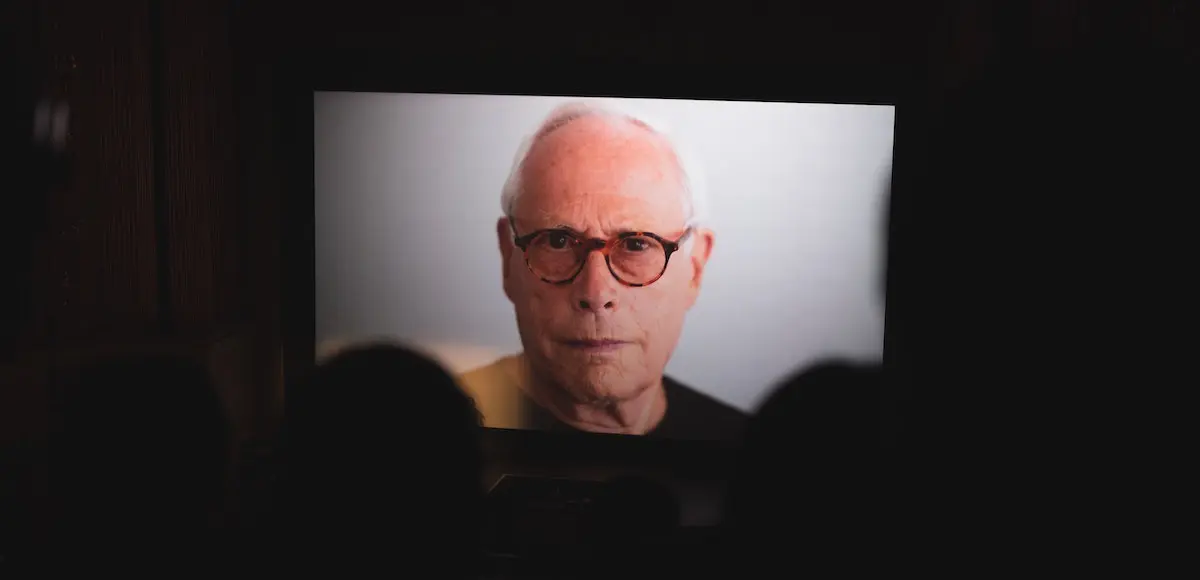
Well, if the voice you choose doesn’t match or enhance the subject of your film, you could end up missing the target altogether. That’s why you need to create a narrative and form a connection between the subject of the documentary and the audience. In essence, this is what voice acting boils down to. And it’s all about picking the voice that suits your level of storytelling.
Documentary voice acting is both similar and dissimilar to audiobook narration. It’s true that both of these voice over aspects require a professional voice actor’s skill to engage and captivate, but there are notable differences between the two.
While audiobook narrators can rely on the descriptions in the book to provide a springboard for the various characterizations, a documentary narrator needs to respond directly to the script. Their focus is on capturing the essence of the subject matter with subtle empathy and style.
Since voice over projects is mission-critical, choosing the right voice for your project is exceptionally crucial. Every voice actor also has their own unique approach to the material. This feature can amplify the voice of the project and bring your documentary to life for the audience. You can also, post a project for free on Voice123, which is a great way to find the perfect documentary voice for your material. The type of voice that best lends its talent to your documentary and beautifies the content with its vocal talent.
Tips on choosing the right documentary voice for your project.
On Voice123, the approach that works best to find a voice is to provide a comprehensive brief and then request custom auditions. For a custom audition, you supply a portion of the script and then ask each of the actors you’re approaching to record it.
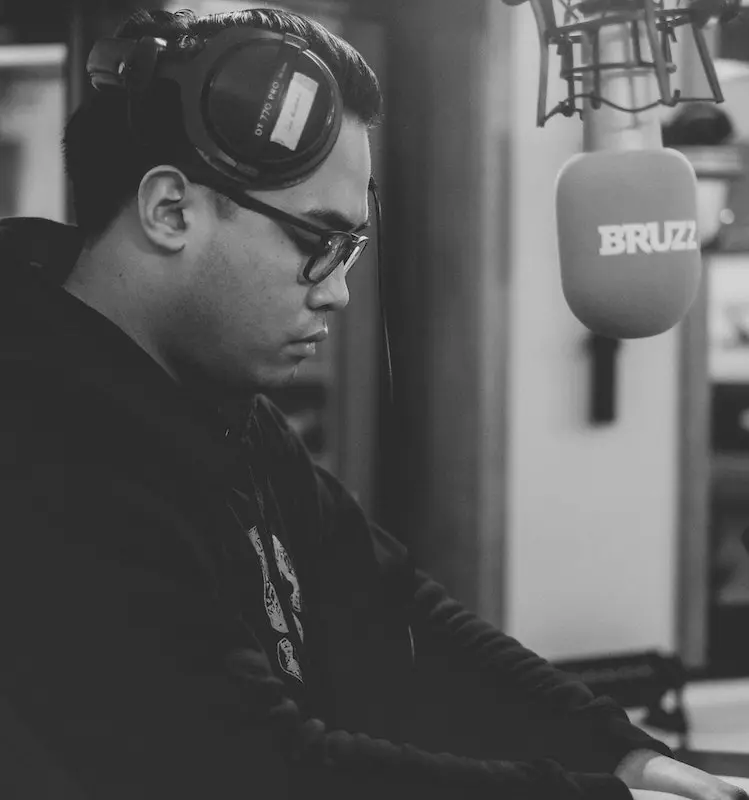
If you already have a video available, provide the potential voice actor with it as part of your brief. This will prove rewarding even if the material is still unedited. It is the responsibility of the documentary voice narrator to hold the script and visuals together in a seamless performance. Remember that visuals are also worth a thousand words! So, giving the voice actors the opportunity to see what they’ll be voicing is truly valuable.
When you search for a voice actor — unless you already have one in mind — use search terms that are likely to provide you with results that are as close as possible to what you need. For example, if you’re on the lookout for a David Attenborough type of voice then simply pop that name into the search bar. You can then narrow down the hunt for your documentary voice by filtering the search with British voice and Male adult. This will bring up 73 profiles that suit the specific needs of your project.
A documentary voice for all narration
Narration is a genre formed by blending multiple elements. This means it isn’t a one voice fits all type of situation. For example, if your documentary focuses on historical events, choosing a captivating, engaging, alluring, or even authoritative voice makes the most sense. This type of voice aptly portrays the historical spirit you need to awaken your project. After all, you need to bring the drama of a certain period in history to life for modern-day viewers. Although, its purpose is to inform viewers and foster historical consideration, recreating a history class will not sit well with the audience. So the documentary voice you finally decide on should have a good balance of intrigue and instruction.
If your subject matter is serious and has to do with current affairs, then it should have a more somber tone. In contrast, if your subject matter is lighthearted and even humorous, you want to go with a documentary voice who can let loose and even break characters to laugh a little while narrating. The point is, go for a voice that helps further your message. Whether you’re looking for a David Attenborough or a Jimmy Fallon, the documentary voice you settle on becomes the voice and representation of your material.
Experienced and professional voice actors like the ones you’ll find on Voice123 also have the ability to snag just the right nuance and tone, to build tension and relieve it, and to speak with empathy and understanding. They can become the perfect mouthpiece for your film or video project. Let’s take a closer look at two key ways your documentary voice can adapt to your material.
1. Focus on character development
In a documentary setting, one rarely expects a voice actor to build a character development arc like that in an audiobook. Depending on your storyline, however, keeping a singular tone throughout the documentary could ruin it. What you ideally want is for the voice actor to develop their character as the documentary progresses. This is how storytelling works!
2. Don’t be afraid to direct
A vital element of great narration is a voice actor who knows how to interpret a script in such a way that it doesn’t sound ‘read’. So once you’ve chosen your voice actor — male or female, serious or funny, animated or stoic — you need to listen very carefully to the delivery.
The goal for the duration of your documentary is the suspension of disbelief. That won’t happen if one can hear the voice actor is simply reading lines from a piece of paper! This is where directing comes into the picture. The documentary voice actor will essentially take their cue from you. So, keep in mind what your objective is. Then provide clear and concise direction and feedback to the voice actor on the aspects they should pay special attention to. By working together in this way, you and the voice actor you select can create a project that oozes awesomeness.
Final thoughts
Narration is really important to the documentary world and in a chain-reaction so is a voice actor. And there’s a good reason for it. It’s not about choosing a famous name to slap onto the credits. It’s about choosing the right voice to capture and portray the story you are trying to tell. You want a voice that projects your message into the minds of your viewers. And lets it linger there awhile…
The search bar and filter feature on Voice123 are great steps to help you narrow down the selection of voice talent available to suit your material. Regardless of whether you’re looking for a voice that’s male or female, British or American – find your documentary voice here.
And with that in mind, we’d like to wish you every success with your next documentary as you navigate the world of voice acting.
FAQ’s on finding a documentary voice
A documentary describes a movie/film which is non-fiction in genre and focuses on showcasing reality in its most natural form.
According to Wedio Academy, there are six different modes of documentaries. These are poetic, expository, participatory, observational, reflexive, and performative all of which have a specific focus and target appeal.

